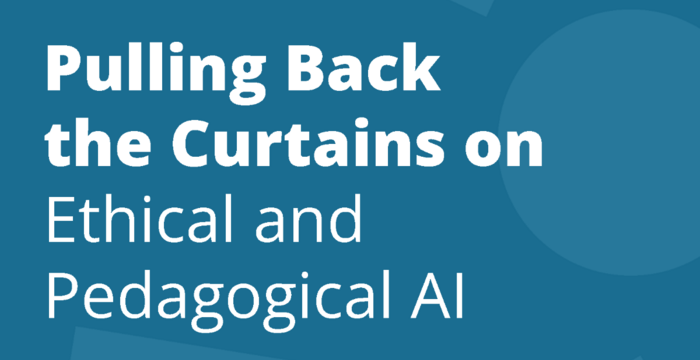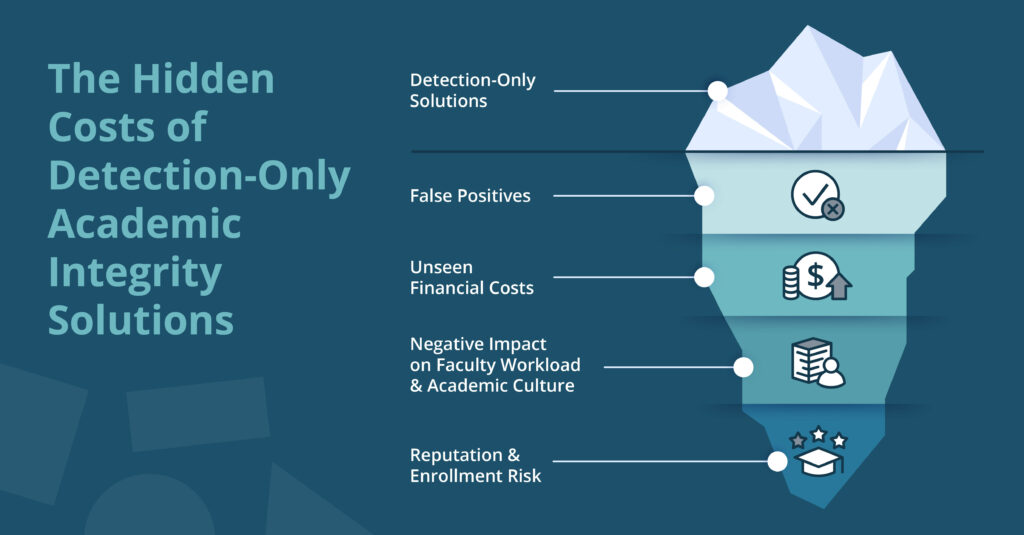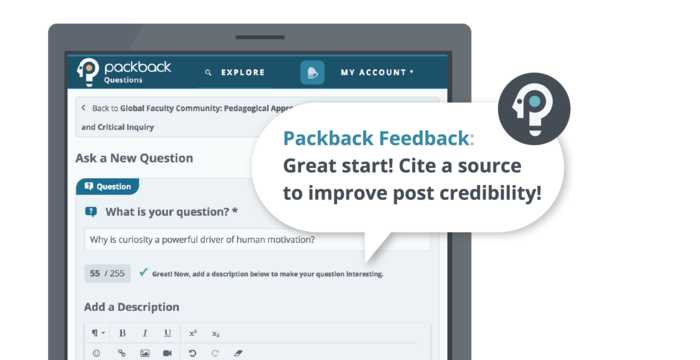Case Study: Aldine Independent School District’s Mission to Improve Writing Across the Curriculum
Lezlee Brinkman, Social Studies Teacher at Eisenhower High School, Aldine ISD, Houston, Texas
Challenge: Rigorous Writing in Dual-Credit History Courses
Lezlee Brinkman, a social studies teacher at Eisenhower High School in Houston, knows as well as any other educator that for many students, advanced history courses are a major step up in difficulty for students across a number of metrics. The complex and in-depth comprehension of the coursework is new to most students, and the reading and writing skills required to succeed in the course often requires a steep learning curve.
Brinkman teaches a pair of dual-enrollment United States history courses in conjunction with Lone Star College, a community college with a campus 5 minutes from the high school. Both classes require her juniors and seniors to produce significant amounts of writing. In the fall, it’s discussion posts and short essays; in the spring, it’s an eight-page research paper that’s longer and more complicated than anything they’ve ever written.
Brinkman’s students face other challenges as well. Eisenhower is one of nine high schools in Aldine ISD, a Texas school district of 58,000 students. Nearly 85% of the district’s students are classified as “at risk,” more than 90% are economically disadvantaged and nearly half are English language learners. Even her advanced students come into her class with achievement gaps, Brinkman said, which were widened by the pandemic. In addition, her students, like most other American youth, read for fun much less often these days, which negatively impacts their academic skills, especially their writing.
“Writing is an incredibly important element of social studies — especially in my dual-credit classes because these are college-level courses,” said Brinkman, who has nearly a decade of classroom teaching experience. “I don’t want them to be slammed now on top of all of their other schoolwork and then slammed again when they go to college. Anything I can do to help them build a foundation for better writing skills will help them today and in the long run.”
Solution: Leverage Packback’s Instructional AI for Improved Writing Support
To help solve the writing issues students were facing, Aldine ISD turned to Packback and made the platform available to all advanced academics courses in the district’s high schools at the beginning of the 2023-24 school year.
Since 2015, Packback has worked with school districts and colleges across the country to help millions of students become better researchers, critical thinkers, and writers. Packback’s proprietary platform acts as a digital writing tutor for every student and a grading assistant for every teacher that creates a complete interdisciplinary workflow for assigning, revising, improving, and grading formative and summative writing assignments across all subjects, not just ELA.
Given the amount of writing in her course as well as the steadily declining readiness of her students, Brinkman leaned on Packback’s Instructional AI to help her students receive the immediate feedback they needed to quickly improve their writing skills. To ease her class into the new platform — Brinkman would be learning it alongside her students — she introduced them first to Packback Questions – a writing practice tool that engages students in frequent, low stakes classroom discussions online.
Then she had her students use Packback Deep Dives, a long- form writing assessment tool, to coach students on how to write five-paragraph essays, which includes targeted document-based questions and step-by-step prompts throughout the essay writing process. In the spring, when her students tackled their eight-page research paper, students used Deep Dives for comprehensive guidance on their writing process, from writing mechanics and conventions, to thesis drafting and structuring their papers.
On Brinkman’s side of the Packback platform, she was impressed by the streamlined grading process.
“With Packback my grading has improved by leaps and bounds from the days of putting a red pen to paper and repeatedly correcting basic writing errors on student reports,” Brinkman said, “Having to correct spelling and grammar and usage — that left me exhausted. Packback is so much better.”
Brinkman notes that since Packback corrects small errors and suggests recommended scores for the individual components of her rubric, she can spend less time on the scoring process and more time giving substantive feedback on her students’ understanding of the material. Furthermore, through the data insights, she can see where each student is and how to best differentiate the support they need.
RESULTS: Greater Skills and Confidence
For Brinkman, Packback freed her from having to correct writing mechanics and allowed her to focus on providing personalized feedback on the content of her students’ discussion posts and essays. Her job isn’t just to teach American history. It’s also to help her students express themselves — and become better writers who can elaborate, analyze and synthesize complex topics.
Brinkman reports that her students found Packback to be a useful tool that provided crucial coaching and guidance throughout the writing process. Students told her, for instance, that the platform gave them new ways to structure their sentences, showed them how to avoid passive voice and taught them writing rules they hadn’t learned.
At the end of the day, Packback helped her students become more skilled and confident writers, and prepared them to not only reach the high standards Brinkman sets in her courses, but to also succeed in future advanced classes in high school and even college.
Specific Impacts
– Teachers are freed from having to correct writing mechanics and allows more focus on providing personalized feedback to students.
– Packback provides students crucial coaching and guidance throughout the writing process.
– Packback helps students become more skilled and confident writers, preparing them for future classes in high school and college.
“That’s the ultimate goal,” Brinkman said. “I’m glad someone is trying to solve this problem and help teachers who are at wit’s end.”




